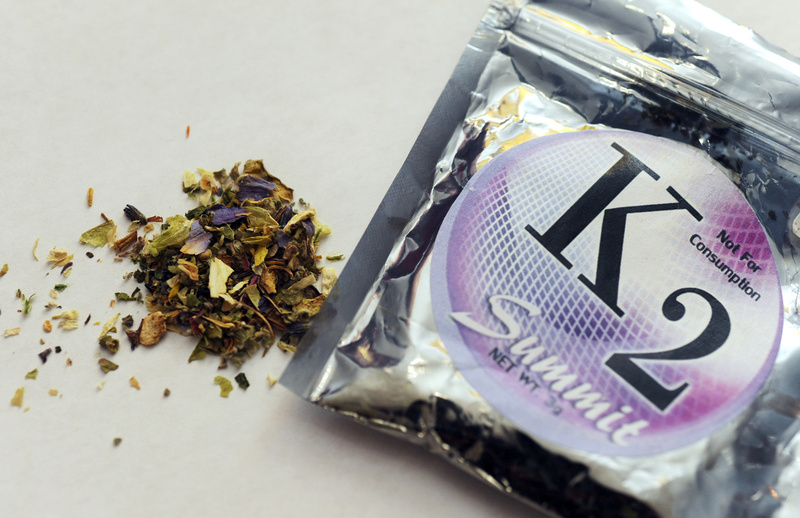AUGUSTA — Partisan battles over Maine’s state budget and Gov. Paul LePage’s record-breaking veto tally have recently garnered much of the attention but the Republican governor has also quietly signed many bills the Democratic-led Legislature sent to his desk as they wrap up the 2013 session.
Despite their differences on the $6.3 billion state budget, LePage and lawmakers agreed that, among other things, synthetic drugs like “K2” and “spice” should be banned and Mainers under the age of 16 should be able to fish without a license.
Here’s a look at some of the ways LePage and lawmakers have recently seen eye-to-eye:
—SYNTHETIC DRUGS: LePage signed a bill that broadens a ban on the sale and possession of synthetic drugs. A law on the books already bans some synthetic drugs, but supporters said new variations have sprouted up that aren’t being covered. The new law will expand the prohibition to include more designer drugs made to mimic marijuana. Supporters of the bill say synthetic drugs can cause psychotic episodes, hallucinations, and worsen existing mental health disorders.
— DRUNK DRIVING: Another newly signed bill increases the period first-time drunken driving offenders will have their license suspended from 90 to 150 days. It is also designed to encourage people to get ignition interlock devices, systems installed in cars that detect a person’s blood-alcohol content and prevent them from driving if it’s too high. Offenders can get their licenses back after 30 days if they get such a device.
— FISHING LICENSES: Starting Jan. 1, 2015, children under the age of 16 will be able to fish in Maine without a license. But the new law will come with a price tag. The state estimates that it will lose about $65,000 every year when it goes into effect. But the bill’s sponsor Rep. Jethro Pease, R-Morrill, told the Inland Fisheries and Wildlife Committee that it’s a “small cost compared to the potential health costs currently associated with the lack of exercise our youth are getting.”
— CAREER AND TECHNICAL EDUCATION: A recently signed bill will create a program to allow students pursuing career and technical education to get some of their college credits while they’re still in high school. Starting in their junior year, students can earn credits that count toward both their high school diploma and a secondary education degree. Supporters say it will allow students who want to go into careers like welding to get an associate’s degree within a year of high school graduation, saving them time and money.
— JOB HELP: A bill that went into law without the governor’s signature is designed to help welfare recipients find long-term employment and get out of poverty. It directs the Department of Health and Human Services to work with welfare recipients to help them overcome barriers to self-sufficiency and refer them to education and other programs. House Speaker Mark Eves, a Democrat from North Berwick and the bill’s sponsor, says in a statement that it will mean “more families can keep their house warm, put food on the table and put gas in the car.”
Send questions/comments to the editors.



Comments are no longer available on this story